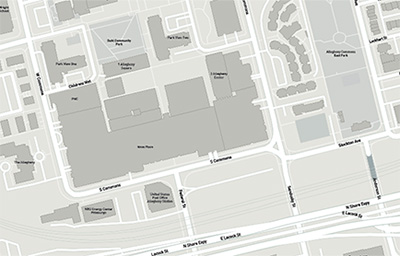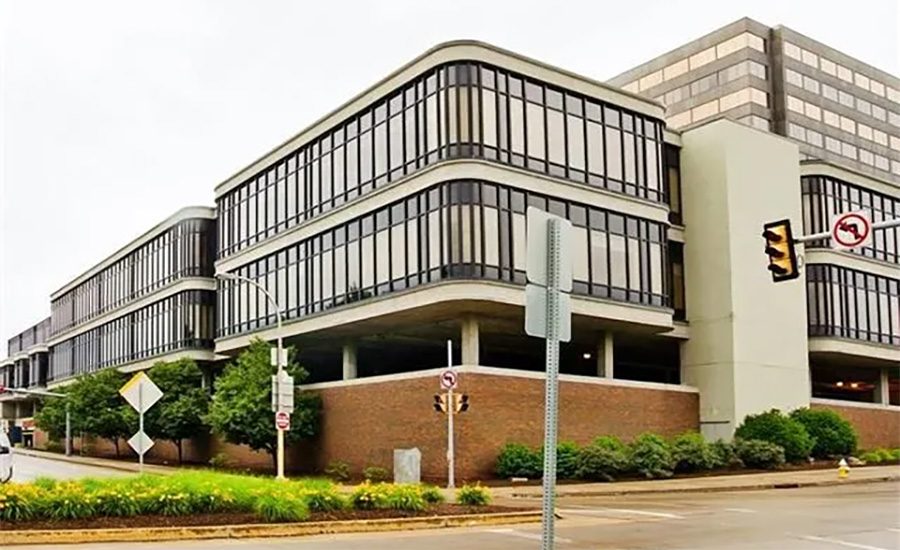Eos Energy Enterprises, a manufacturer of zinc-based battery energy-storage systems, will relocate its headquarters from Edison, N.J., to Pittsburgh and expand production in Allegheny County with a $352.9-million investment that state officials call a cornerstone of Pennsylvania’s clean-energy manufacturing push.
The project, announced Oct. 21 by Gov. Josh Shapiro and the Pennsylvania Dept. of Community and Economic Development (DCED), will create at least 735 new jobs and retain 265 existing ones, totaling about 1,000 positions.
The commonwealth said it has committed $22 million in incentives for the move: a $10 million Pennsylvania First grant, $12 million from the Redevelopment Assistance Capital Program—including $3 million awarded in 2022—and Allegheny County’s $2 million contribution from its economic-development fund.
“Energy demand is rising, and Pennsylvania is doubling down on its strengths as a national energy leader and net exporter,” Shapiro said in a statement. “We’re competing for—and winning—major projects like this one by cutting red tape, building out our skilled workforce, and investing in the next generation of energy technology.”
Eos said it will lease a 432,000-sq-ft industrial facility in the northern suburbs of Pittsburgh to add new automated production lines for its aqueous-zinc battery systems. The company currently leases two smaller facilities nearby, where an initial expansion phase began in 2024.
RELATED
Feds Guarantee $303M Loan for Expanded Energy Storage Batteries in Pennsylvania
Founded in 2008, Eos manufactures stationary energy-storage systems under its proprietary Znyth technology, marketed for utility-scale, industrial and commercial applications. The firm reports that roughly 91% of its component content is domestically sourced.

Map of Pittsburgh’s North Shore showing Nova Place, where Eos Energy Enterprises will relocate its new headquarters by late 2026.
Map courtesy of Nova Place Management.
The expansion—known internally as Project AMAZE—is designed to increase manufacturing throughput, reduce per-kilowatt-hour costs and strengthen the company’s U.S. supply chain.
“Through Project AMAZE, we’re proving you can make things in America again by pairing advanced manufacturing with innovative software,” CEO Joe Mastrangelo said, adding that the firm is “doing it here in Pennsylvania to build a more efficient and secure energy future.”
The corporate headquarters will relocate in late 2026 to a 40,000-sq-ft space at Nova Place, a redeveloped complex on Pittsburgh’s North Shore. Eos said the office will host its software, analytics and controls teams developing the firm’s DawnOS battery-management platform.
Rick Siger, DCED secretary, said the project “will create and sustain 1,000 jobs while expanding opportunity for people across western Pennsylvania.”
He credited the incentive package’s layered structure—grants, capital assistance and potential tax credits—for making the relocation financially feasible.
Plant Retrofit and Project Outlook
The Marshall Township build-out will require new process-equipment foundations, electrical distribution systems, high-capacity HVAC, materials-handling infrastructure and integration of factory automation with Eos’s proprietary software stack.
At a Glance: Eos Energy Expansion
Location: Marshall Township and Pittsburgh, Pa.
Investment: $352.9 million private
Public Support: $10 million PA First grant, $12 million RACP, $2 million Allegheny County
Facilities: 432,000-sq-ft manufacturing plant (150 Thorn Hill Rd., Marshall Twp.); 40,000-sq-ft HQ at Nova Place
Jobs: 735 new + 265 retained = ~1,000 total
Technology: Aqueous zinc Znyth™ battery systems; DawnOS™ controls platform
Federal Support: $303.5 million DOE Loan Programs Office (Project AMAZE)
Timeline: Manufacturing expansion 2024–26; HQ relocation late 2026
Local officials said they expect permitting for the tenant fit-out to appear on township planning dockets later this year, with bid packages anticipated in early 2026. The company has not yet identified its architect or construction manager.
Stefani Pashman, CEO of the Allegheny Conference on Community Development, said Eos’s decision affirms “the value proposition this region offers at the nexus of energy, manufacturing and innovation.” She added that the move “will strengthen our region’s position as a hub for advanced energy storage and attract new suppliers, partners and innovators.”
Eos’s expansion builds on an ongoing federal partnership. In December 2024, the U.S. Dept. of Energy’s Loan Programs Office closed a $303.5-million loan guarantee under its Title 17 Clean Energy Financing Program to fund Project AMAZE, supporting Eos’s scaling to 8 GWh of annual battery-system production capacity.
DOE officials said the deal represented “a model for domestic battery manufacturing using non-toxic, non-lithium chemistry,” and the project aligns with other clean-tech manufacturing announcements in the Pittsburgh region.
Mitsubishi Electric Power Products recently broke ground on a $92.7-million manufacturing and testing facility north of the city, while Mainspring Energy plans a 300,000-sq-ft clean-tech plant supported by $8.6 million in state funding. Together they mark what economic-development officials describe as a reindustrialization wave centered on electrification, automation and energy storage.
With its layered public-financing package, Pennsylvania officials say the Eos project will help reestablish Pittsburgh as a growing hub in America’s battery-manufacturing network—giving the Steel City’s long-evolving industrial base another chance to build what it once supplied: the hardware of modern energy.

